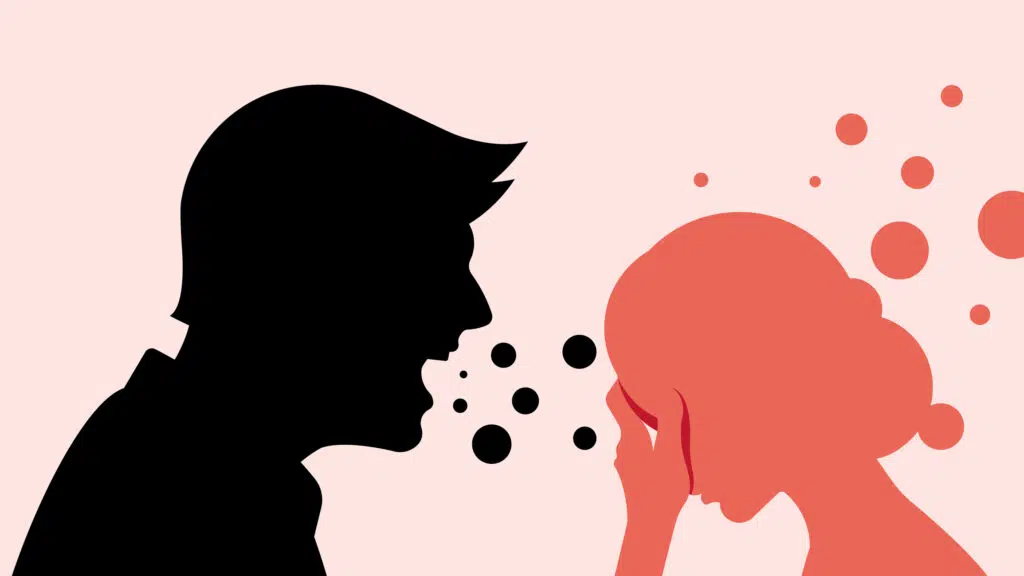How Exercise Affects Mental Health
What Happens to Your Mood when you Exercise?

When someone exercises the brain is stimulated into releasing chemicals into the bloodstream that improve mood. These feel-good chemicals are known as endorphins. They relax the body and improve self-esteem and mood. Regular exercise is an easy way to give your mental health a boost. if you ever noticed how sluggish you feel through not exercising for a long time, then how a run or walk in the fresh air gives you a refreshed boost of energy, you will have experienced the magic of exercise boosting the mind. That’s how to refresh your brain and get your mental health in top form.
Heart Disease and Mental Health
There have been several research studies linking depressive illnesses and stress to an increased risk of heart disease. In fact, depression affects the body and brain by increasing the risk of cholesterol plaques in arteries. Stress hormones dull the body’s response to a requirement for increased blood flow. This leads to heart disease. Exercise helps reduce the risk of heart disease and refreshes your mental health in a positive way.
How Exercise Reduces Stress
Endorphins released through exercise calm the body. They are a natural anti-depressant and give that feel-good factor that you get after a good workout. People who are physically fit tend to suffer less from stress-related problems. Lack of sleep is a common symptom of depressive illness and leads to stress. Regular exercise helps people sleep better and they are then more relaxed to face another day. People who exercise regularly are also less likely to overeat- another problem that results from stress.
Confidence Boosts and Improved Self Esteem
There’s nothing like a gentle challenge to boost confidence in someone. When a person has a depressive or anxiety disorder their confidence has usually been lost. This could be because of low body image or a fear of trying something new. Sometimes after a long term illness people are scared to exercise in public. Exercise is a great way to improve self-esteem and confidence through endorphin release and that sense of achievement. It is important to set a realistic goal and take small steps when exercising for the first time. This will ensure you don’t get overwhelmed, but finish the exercise on a positive note.
Improving Social Life and Mental Health
Loneliness is one of the biggest causes of mental and emotional health problems. Social isolation is also associated with an increased risk of chronic illness. In a world of online activity there is a need to think about how we interact as humans. Joining a walking group or exercise class boosts your health in several ways. Firstly you’ll be physically fitter and the exercise will improve your mental health. Your social life has an opportunity to improve as you meet people through exercise. Don’t be discouraged from fitness groups where everyone appears to be super fit. Check out health groups that run easy walks to start with or take up a beginners yoga class. Set a simple goal such as joining a walking group and speaking to one other person. You’ll be surprised at the difference it makes. The other advantage of an exercise group is that people give encouragement to each other.
Regular exercise is a positive solution to improving the mind and boosting mental health.

Understanding Impostor Syndrome: Breaking Free from Self-Doubt
Imposter syndrome can make you feel like a fraud with no confidence in your abilities. You’re not alone; so many people feel like this. The good news is that you can break free from imposter syndrome and overcome self-doubt; here’s how.

Supporting a Loved One with Mental Illness: Practical Tips and Resources
There isn’t one perfect way to support a loved one with mental illness. How you care for someone will depend on you and the person you support. Mental illness can affect all aspects of a person, from mood to behavior. It can come as a shock when a loved one is diagnosed with a mental illness.

Is My Relationship One-Sided?
Do you feel like you’re doing all the work in a relationship? When a relationship is one-sided, it can create stress and conflict. If one partner invests more energy and effort to make the relationship work, it creates an imbalanced dynamic that can be draining in the long haul.

How To Recover From Burnout?
Manageable and short-term stress can increase alertness and give you the focus to hit a tight deadline. But left unchecked, chronic stress can result in burnout, leading to complete physical, mental, and emotional exhaustion.

